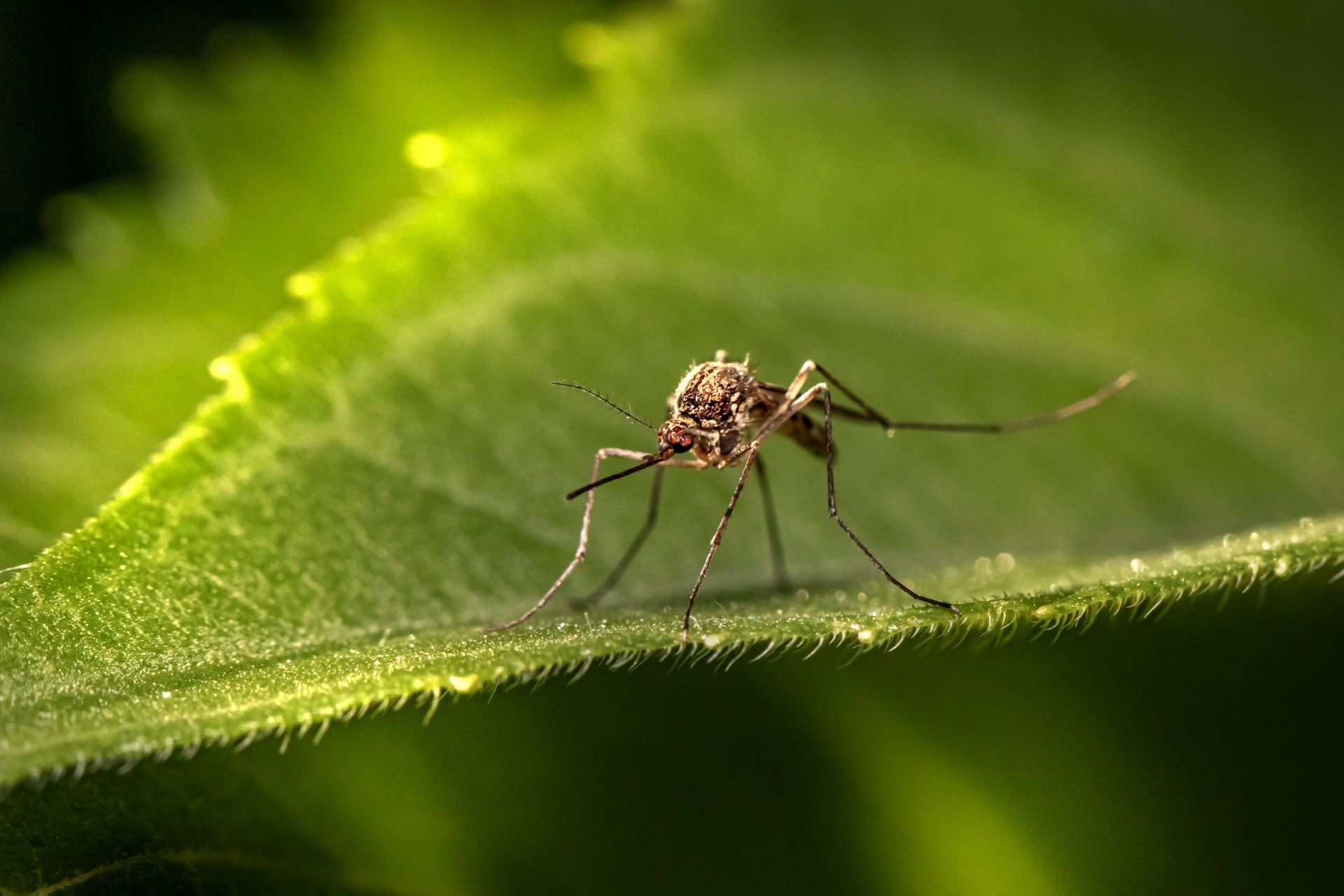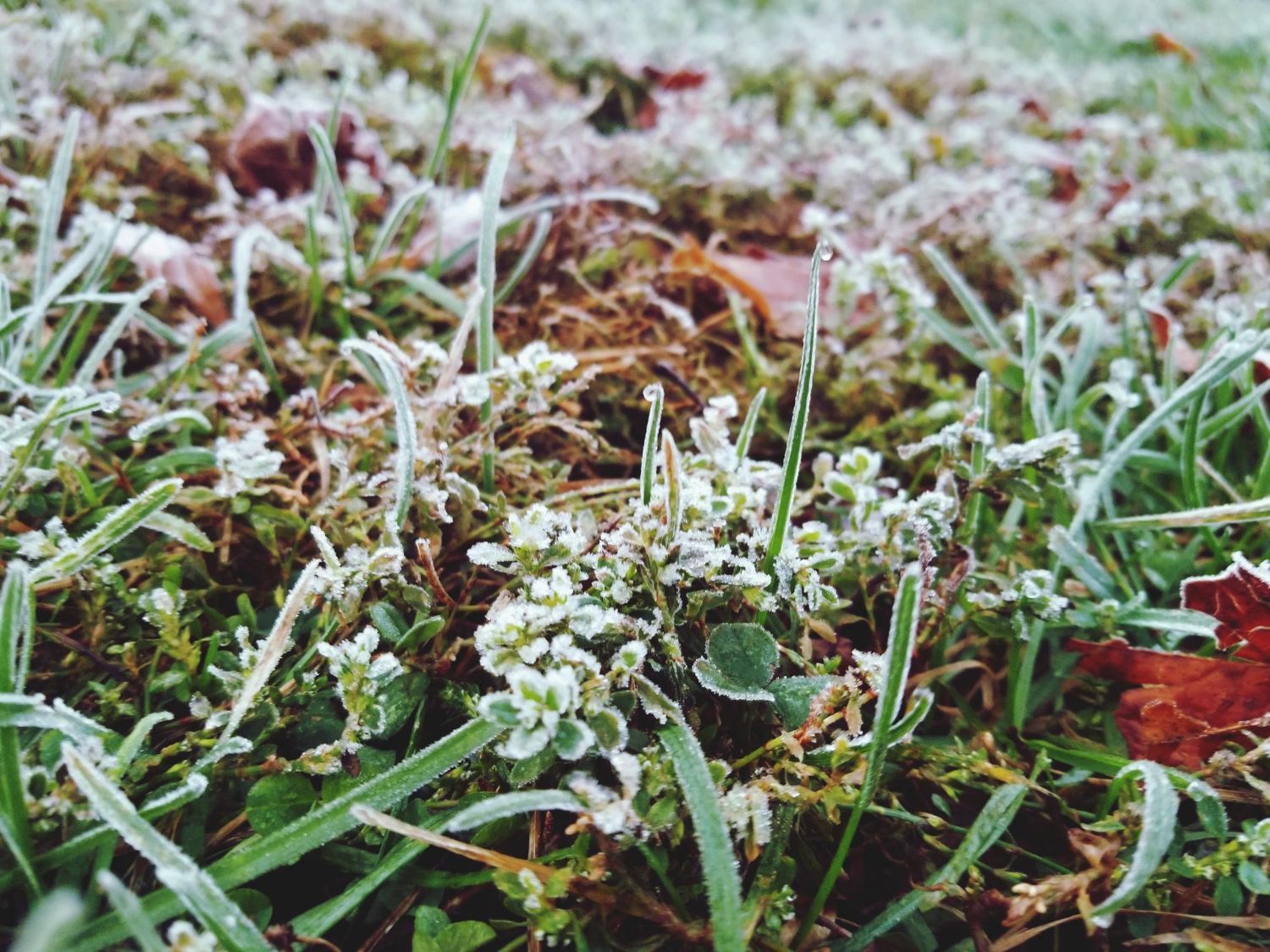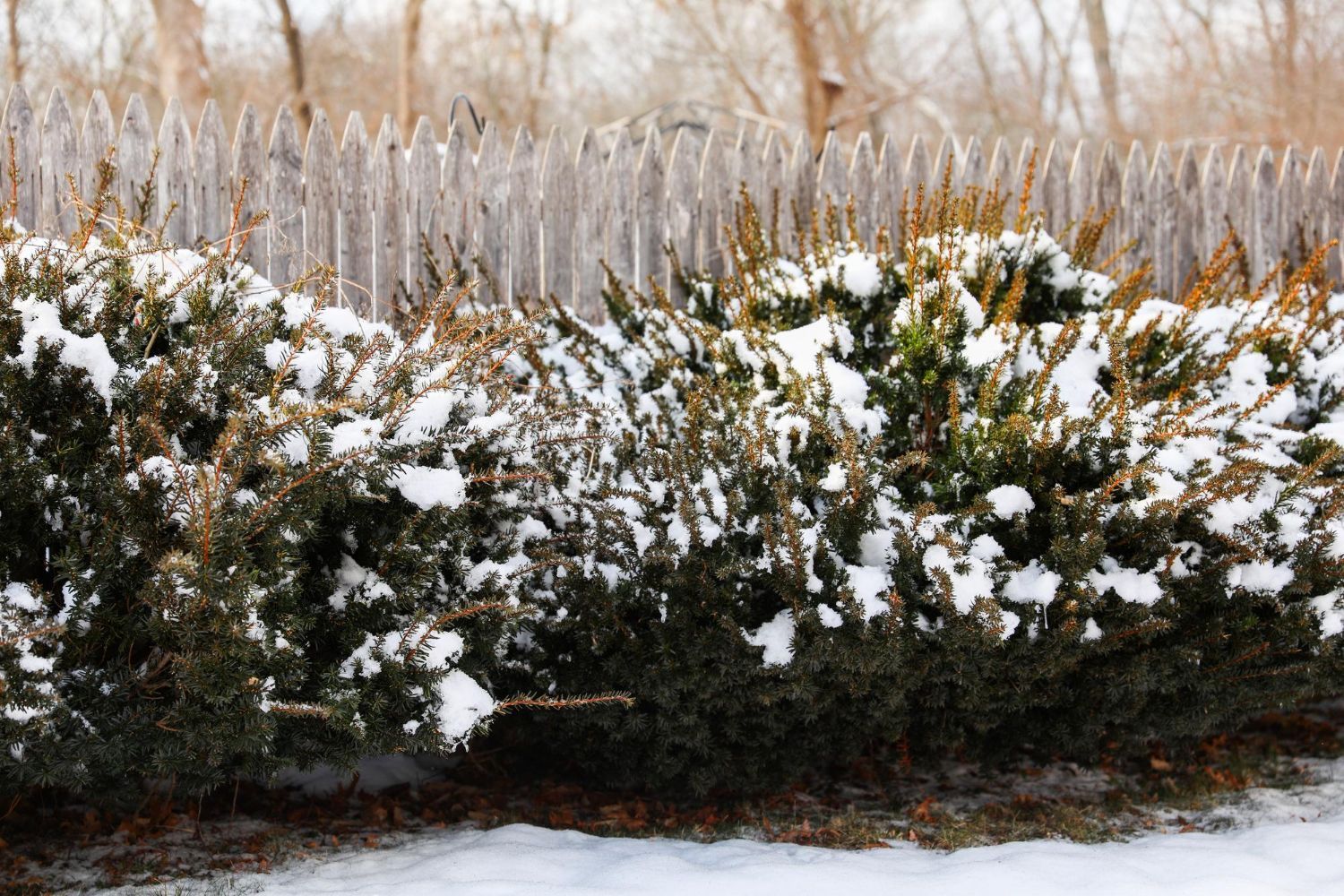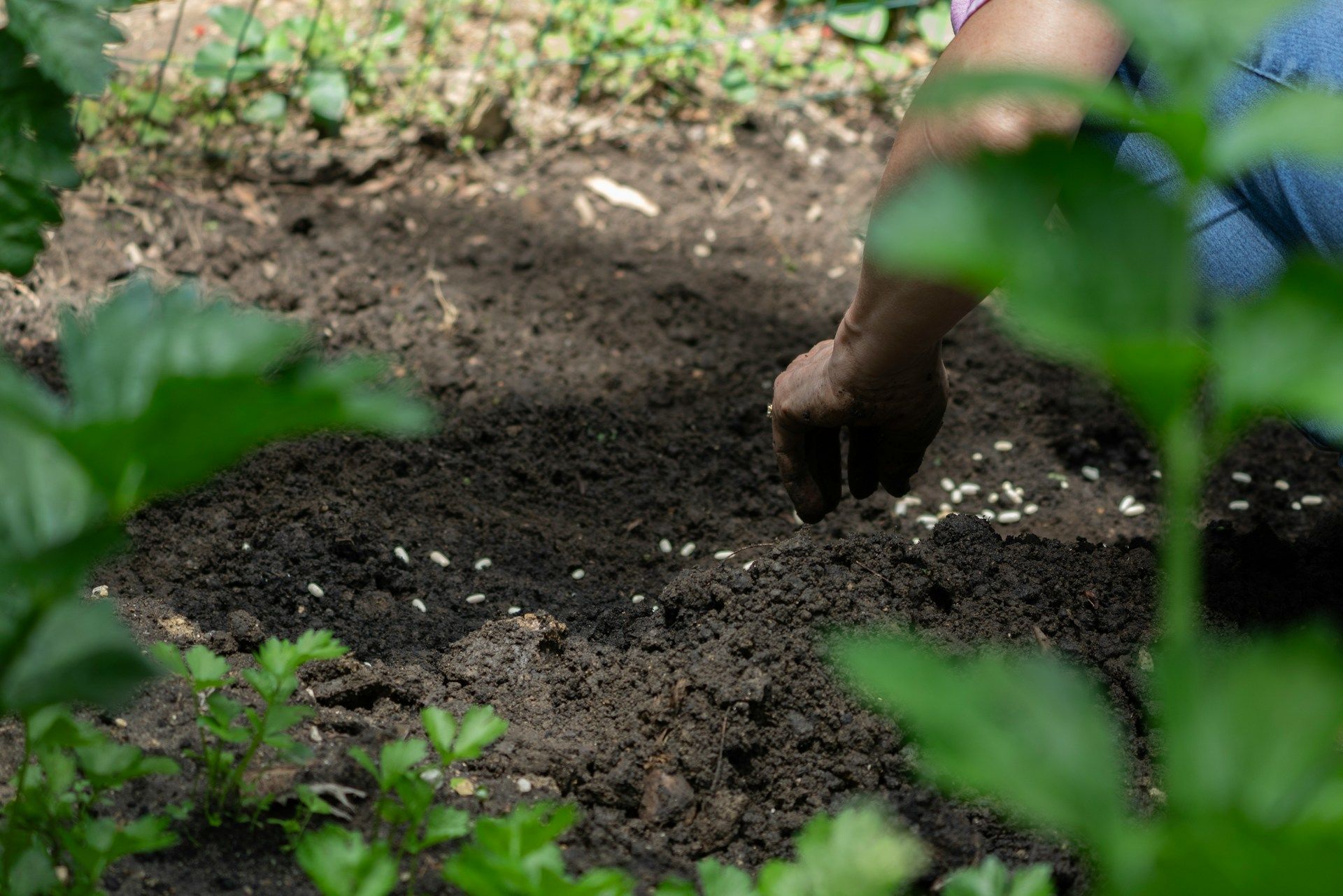What Our Customers Are Saying
Eliminating Mosquito Breeding Grounds: Professional Tips and Tricks
Mosquitoes are more than just a nuisance; they can pose serious health risks by transmitting diseases like West Nile virus or Zika virus. Eliminating mosquito breeding grounds is crucial for maintaining a safe and comfortable outdoor environment. Understanding where mosquitoes breed and implementing effective prevention strategies can significantly reduce their population in your yard.
While it might seem like a daunting task, eliminating mosquito breeding grounds does not have to be overwhelming; with a few practical tips and tricks, you can take control of the situation and enjoy a mosquito-free yard. From identifying common mosquito breeding sites to employing long-term strategies, this guide covers everything you need to know to keep these pesky insects at bay. Let's explore the best methods to eliminate mosquito breeding grounds and ensure a healthier outdoor space for you and your family.
Identifying Common Mosquito Breeding Grounds
Stagnant Water Sources
Mosquitoes lay their eggs in stagnant or standing water, making these areas prime breeding grounds. Common places where water can accumulate include bird baths, plant saucers, clogged gutters, and pet water bowls. Even a small amount of stagnant water can serve as a breeding site, so it's important to frequently check and empty these water sources. Old tires, buckets, and discarded containers can also collect rainwater and become mosquito havens. Addressing these stagnant water sources is the first step in reducing the mosquito population around your home.
Yard Debris and Clutter
Yard debris and clutter can also contribute to mosquito breeding. Piles of leaves, grass clippings, and other organic matter provide moist environments where mosquitoes can thrive. Decks and patios with standing water or poor drainage are additional potential breeding sites. Regularly cleaning up yard debris and keeping your outdoor areas tidy can minimize these hidden habitats. Make sure to regularly check for and remove any items in your yard that could hold water, even if it's just for a few days.
Poor Drainage Areas
Poor drainage areas in your yard create ideal conditions for mosquitoes to breed. Low-lying areas where water tends to pool after rain or irrigation are especially problematic. Improving soil drainage, filling in low spots, and ensuring that water flows away from your home can help eliminate these breeding grounds. Consider installing a French drain or other drainage solutions to direct water away from areas where it might collect. Regularly inspect your yard and address any drainage issues to prevent mosquitoes from becoming a persistent problem.
Preventing Mosquito Breeding in Your Yard
Regular Yard Maintenance
Regular yard maintenance plays a vital role in preventing mosquito breeding. Mowing the lawn, trimming bushes, and raking leaves minimize the shaded, moist environments where mosquitoes prefer to hang out. Keeping your yard well-maintained also makes it easier to spot and remove standing water or potential breeding sites. Don't forget to clean out gutters and downspouts regularly to ensure they're free from debris that could trap water.
Proper Water Management
Proper water management is critical for mosquito prevention. Addressing any water leaks, fixing dripping faucets, and ensuring proper irrigation are all key steps in managing water effectively. If you have a pool, make sure to keep it clean and chlorinated and maintain any covers to prevent water from pooling. Similarly, decorative water features should be kept circulating, as moving water discourages mosquito breeding. Consider using larvicides in ornamental ponds and other water features to kill mosquito larvae before they become adults.
Using Natural Repellents
Using natural repellents can enhance your mosquito prevention efforts. Planting mosquito-repellent plants like citronella, lavender, and marigolds around your yard can help deter mosquitoes naturally. Essential oils from these plants can be used in outdoor candles or diffusers to create a mosquito-unfriendly atmosphere. Encouraging the presence of natural predators like birds, bats, and dragonflies can also help control the mosquito population. Creating a balanced ecosystem in your yard supports these predators and reduces the number of mosquitoes naturally.
By following these tips, you can create a less hospitable environment for mosquitoes, significantly reducing their presence and ensuring a safer, more enjoyable outdoor space for your family.
Effective Mosquito Control Methods
Chemical Treatments
Chemical treatments provide an effective way to control mosquito populations. Insecticides, such as pyrethroids, are commonly used to kill adult mosquitoes. These chemicals can be applied to outdoor areas using sprays, foggers, or misting systems. Granular larvicides can also be applied to standing water sources to kill mosquito larvae before they mature into adults. It's important to follow the manufacturer's instructions and safety guidelines when using chemical treatments. While effective, these chemicals should be used judiciously to minimize impact on beneficial insects and the environment.
Biological Controls
Biological controls offer a more eco-friendly approach to mosquito management. Using natural predators, such as dragonflies or frogs, can effectively reduce mosquito populations. Introducing fish like Gambusia, which feeds on mosquito larvae, into ponds and other water features can also help. Bacterial larvicides, such as Bacillus thuringiensis israelensis (Bti), are another biological control method. These naturally occurring bacteria target mosquito larvae without harming other wildlife, making them a safe and effective option for mosquito control.
Physical Barriers and Traps
Physical barriers and traps can provide immediate relief from mosquitoes. Installing screens on windows and doors prevents mosquitoes from entering your home. Mosquito nets can be used over patios, decks, and beds for additional protection. Traps are another useful tool; they attract and kill mosquitoes using light, heat, or carbon dioxide. Mosquito magnets and electric zappers are popular options. By combining these physical barriers and traps with other control methods, you can effectively reduce mosquito presence in your outdoor spaces.
Long-Term Strategies for Mosquito-Free Living
Landscaping Tips for Mosquito Prevention
Thoughtful landscaping can help create a mosquito-free environment. Planting mosquito-repellent plants like citronella, lavender, and marigolds around your yard not only adds beauty but also naturally deters mosquitoes. Keep your lawn mowed and bushes trimmed to eliminate shady, cool spots where mosquitoes like to rest. Installing drainage solutions, such as French drains, can help prevent standing water that attracts mosquitoes. Water features should be kept clean and circulating to discourage mosquito breeding.
Collaborating with Professional Services
Collaborating with professional lawn care services can provide comprehensive mosquito control. Professionals have access to advanced tools and treatments not readily available to homeowners. They can assess your yard for potential breeding grounds and implement effective, customized mosquito control plans. Professional services ensure consistent treatment applications and monitor the effectiveness of the control methods. This partnership can greatly enhance your efforts to maintain a mosquito-free yard.
Educating Your Community
Educating your community about mosquito control is essential for long-term success. Share tips on eliminating breeding sites, proper water management, and effective control methods. Organize community clean-up events to remove yard debris and clutter that could harbor mosquitoes. Encourage neighbors to maintain their properties and address any standing water or drainage issues. A united community effort increases the effectiveness of mosquito control and improves the overall quality of life for everyone in the neighborhood.
Conclusion
Eliminating mosquito breeding grounds requires diligent effort and a combination of well-planned strategies. From identifying common breeding sites to implementing effective control methods and long-term prevention, every step plays a crucial role in creating a mosquito-free environment. Taking proactive measures ensures that your outdoor spaces remain safe, comfortable, and enjoyable throughout the season.
For professional assistance in maintaining a mosquito-free yard, contact Healthy Lawn today. Our experienced team provides tailored
mosquito control services to meet your specific needs, ensuring a healthier and more pleasant outdoor experience. Together, we can keep your yard safe and beautiful all year round.









